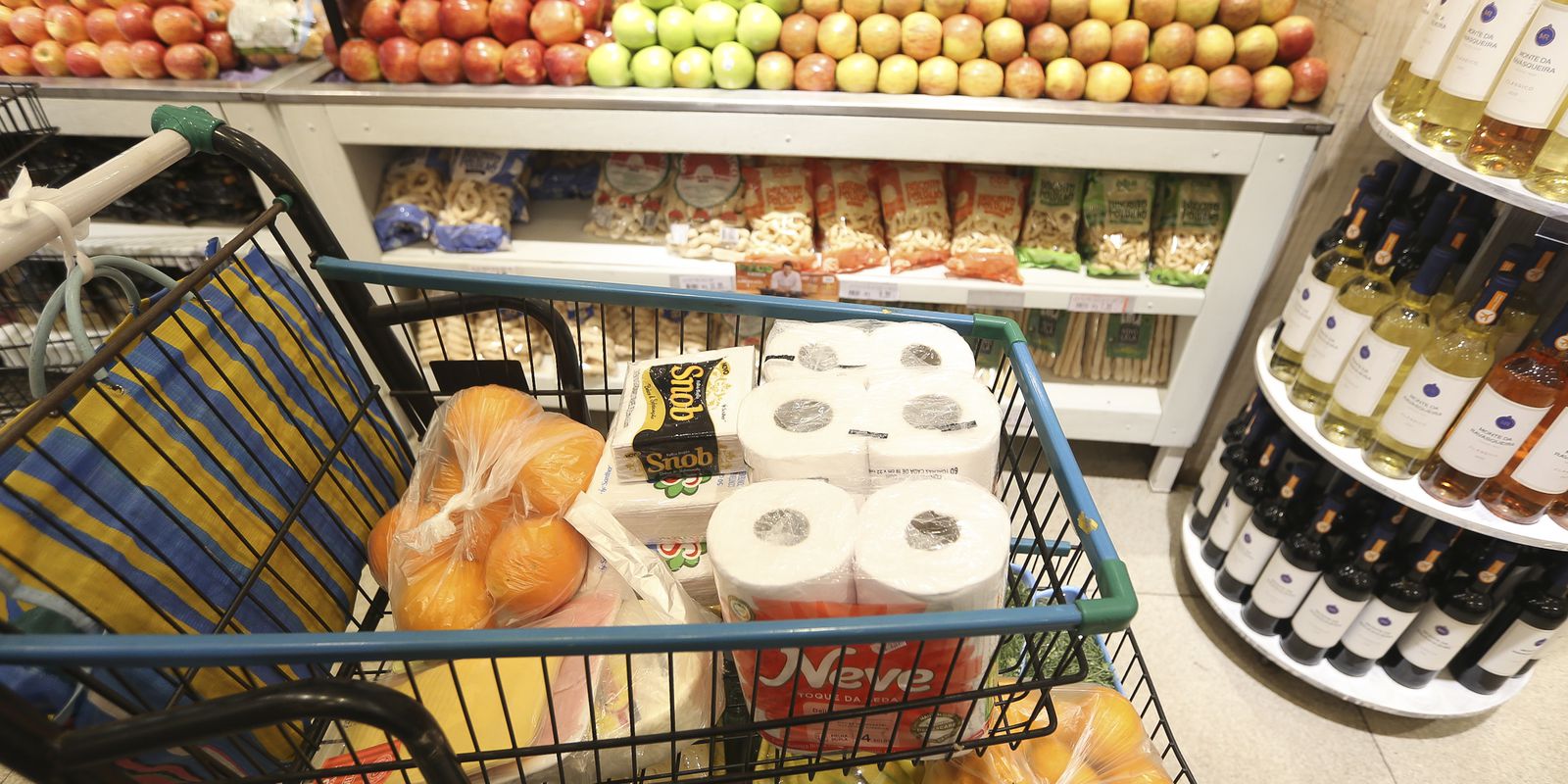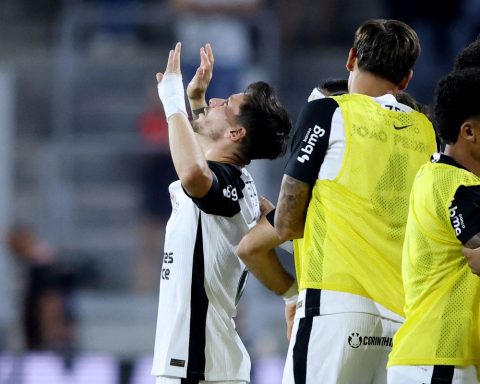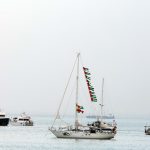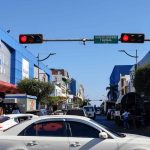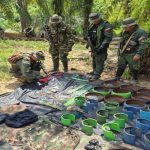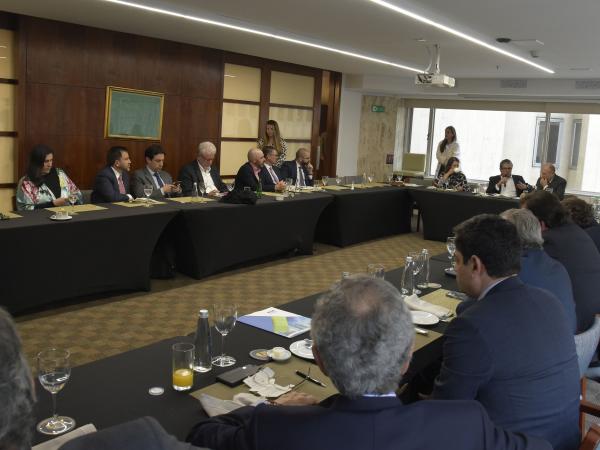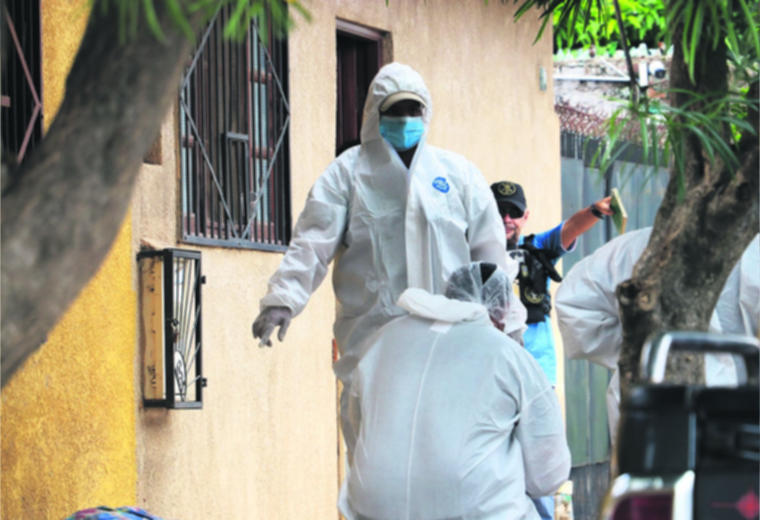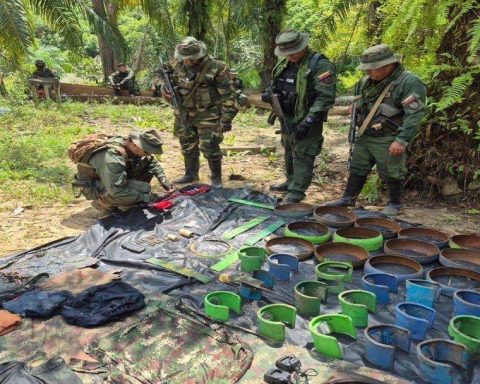Research on Consumer Habits in Brazil, carried out by Elo, one of the main payment technology companies in the country, managed by Banco do Brasil, Caixa Econômica and Bradesco, reveals that Brazilians allocate up to 46% of their domestic income to food and fuel. The survey brings together data sources from 2020 to the end of 2022, considering more than 43 million active brand cards and the annual average of more than 4.5 billion financial transactions managed by the company, in all states of the country.
Regarding essential expenses, for example, food and fuel accounted for 41% of the household budget, for all income brackets, in the last 12 months, compared to the previous 12 months. For low-income Brazilians, the margin rises to 46% in the period, with in-person purchases, in this income range, reaching almost 98%. Among the richest, food and fuel account for 26% of the budget.
Regarding purchases made in e-commerce, the survey found that there was a 44% increase in spending by the highest-income public after the pandemic of the new coronavirus. While the richest and middle class spent at least R$ 199 per purchase, in the lower income class, the value dropped to R$ 59 per purchase. The average value of this type of transaction increased 23% in the period surveyed. According to the research, the option for purchases online is the favorite of Brazilians of any economic class, revealing that 91% of purchases in digital commerce are made on credit.
“Digitalization has become a protagonist in the lives of Brazilians, covering consumption habits, work, socialization, food, transportation and entertainment. Our research shows that the transition to non-face-to-face or digital payments has spread rapidly to new sectors and categories, including where consumption has historically been face-to-face,” said Elo’s chief executive, Giancarlo Greco.
Expansion
Spending on home renovations and improvements, including construction, renovations, appliances, furniture and decoration, grew in the purchasing option of Brazilians during the pandemic, found the survey. People with higher income spent up to 33% more on items, products and services in this sector, with an average expenditure of R$ 504. In the lowest income, the average expenditure was up to 18%, on purchases worth R$ 141 . Digital payments accounted for 45% of the total, which means that almost half of the amount invested by Brazilians in the segment migrated to the digital format. online. Emphasis on credit in installments for payments, which was the most common modality in this option, accounting for 30%.
According to the survey, the tourism and travel sector showed a strong recovery in consumption, with an increase of 48% in purchases made and an increase of up to 45% in the average value of expenses. According to the researchers, this means that consumers are spending to travel more. The sector’s growth was led by the public with the highest purchasing power: 91%. “These are people who were able to afford the rise in ticket prices and travel packages after the pandemic restrictions period”, finds the survey.
The higher cost of transport and, consequently, of tickets, is explained by the effects of the exchange rate, inflation and international conflicts over fuel prices. Preference for the credit modality, with a predominance of purchases in installments, rose 85%, with emphasis on digital commerce, with 99% of purchases made over the internet. Credit in installments accounted for 89% of purchases in this modality.
